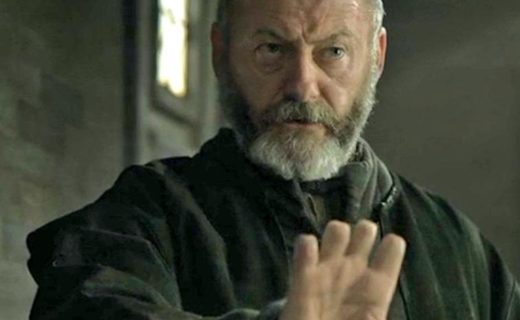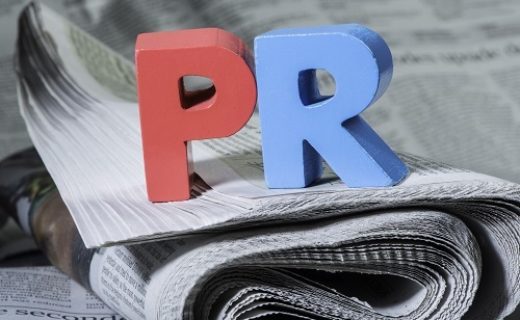Another day has passed and another NFL player has been arrested with domestic violence charges – Arizona Cardinals running back Jonathan Dwyer. This comes as the NFL is still reeling from the public relations damage of Ray Rice, Adrian Peterson, Greg Hardy, and the admission in court documents that nearly a third of its players could end up with brain damage. The NFL is suffering in the court of public opinion among policymakers and fans. Yet it still does not seem to have a cohesive public relations strategy to deal with these PR nightmares
Many are drawing a stark contrast with how the NFL is dealing with the multitude of public relations crises and the NBA dealt with LA Clippers owner, Donald Sterling after his racist comments went public. Within a period of days, the NBA conducted and completed an investigation and took action – banning Sterling from the NBA for life and forcing the sale the Clippers. NBA Commissioner Adam Silver was front and center as the face of the NBA with the media. The NFL on the other hand has been largely invisible.
Why the difference? The actions of the sponsors. In the case of Sterling, sponsors began pulling sponsorships with the Clippers within 24 hours. So far, only one NFL sponsor has pulled a sponsorship. Radisson Hotels has suspended a sponsorship with the Vikings over the Adrian Peterson case. Otherwise the sponsors have been largely quiet issuing statements acknowledging the seriousness of the issues but expressing confidence with the NFL.
Follow the money is a cardinal rule often on the response to a crisis. With the NBA, the lost of sponsors saw quick and decisive action. In the Paula Deen story last year when sponsors began bailing on her over racial comments, the Food Network cancelled her show. In the case of Duck Dynasty and Phil Robertson, with sponsors standing by Robertson (and fans blew up social media supporting him) after remarks he made in GQ Magazine about race and homosexuals, A&E opted to keep him on the reality television show.
As I mentioned the sponsors with the NFL have not pulled sponsorships. Yet at some point traditional media and social media scrutiny will begin to focus on the sponsors, particularly General Motors, Campbell Soups, and PepsiCo – all three headed by females. Additionally, the fans most outraged at the NFL are females, one of the most coveted demographics of sponsors and the NFL.
Sponsors weighing in will ultimately help lead the NFL out of this public relations disaster. The sponsors should demand nothing less than a change in the corporate culture of the NFL for nothing else will convince fans and policymakers that the NFL’s actions are fundamental and not a mere public relations ploy (although fundamental change will garner positive publicity for the league).




